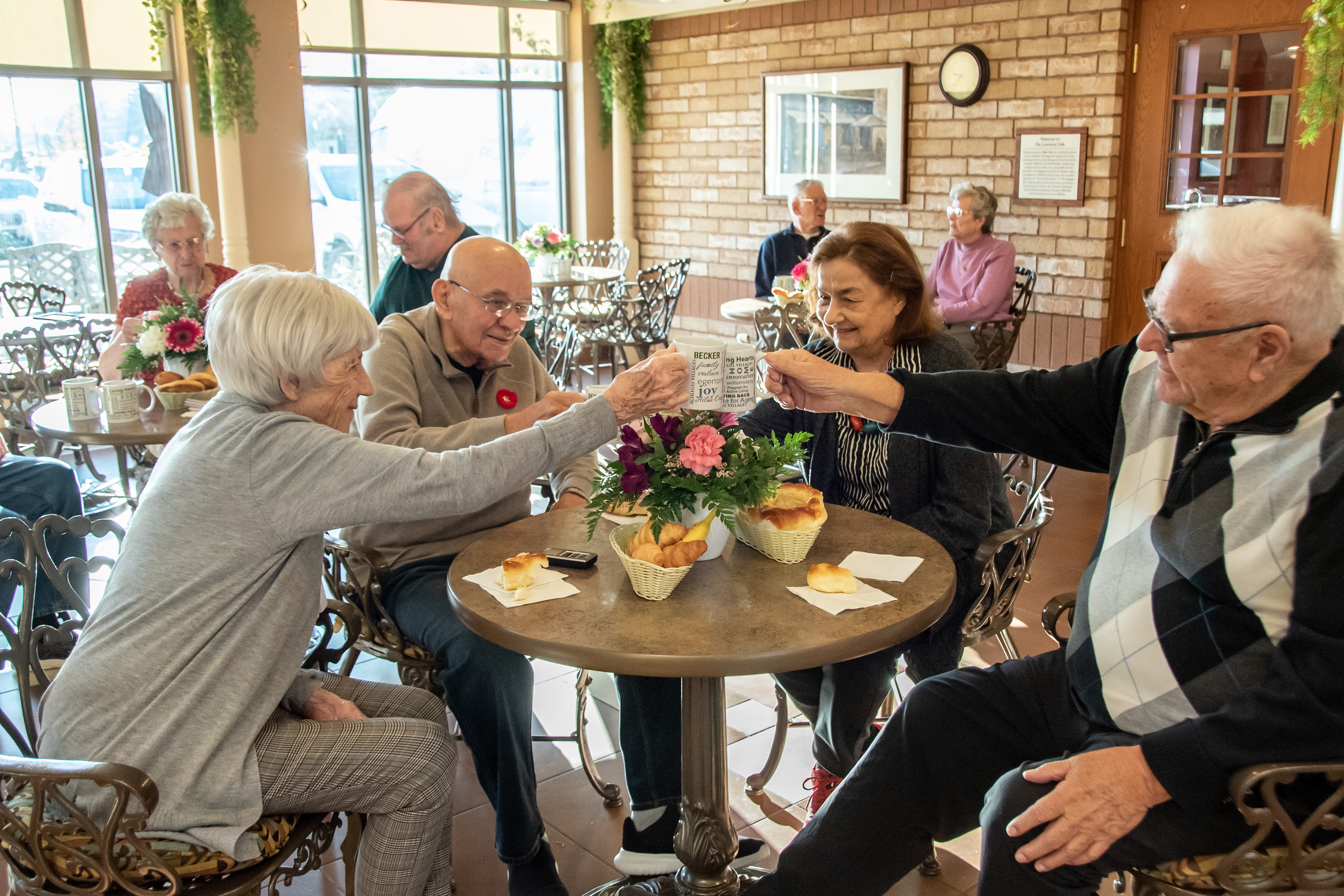
Each person lives in a Village where they have life purpose and are able to pursue their passions, develop meaningful relationships, have opportunity to learn and grow, and contribute to their community.
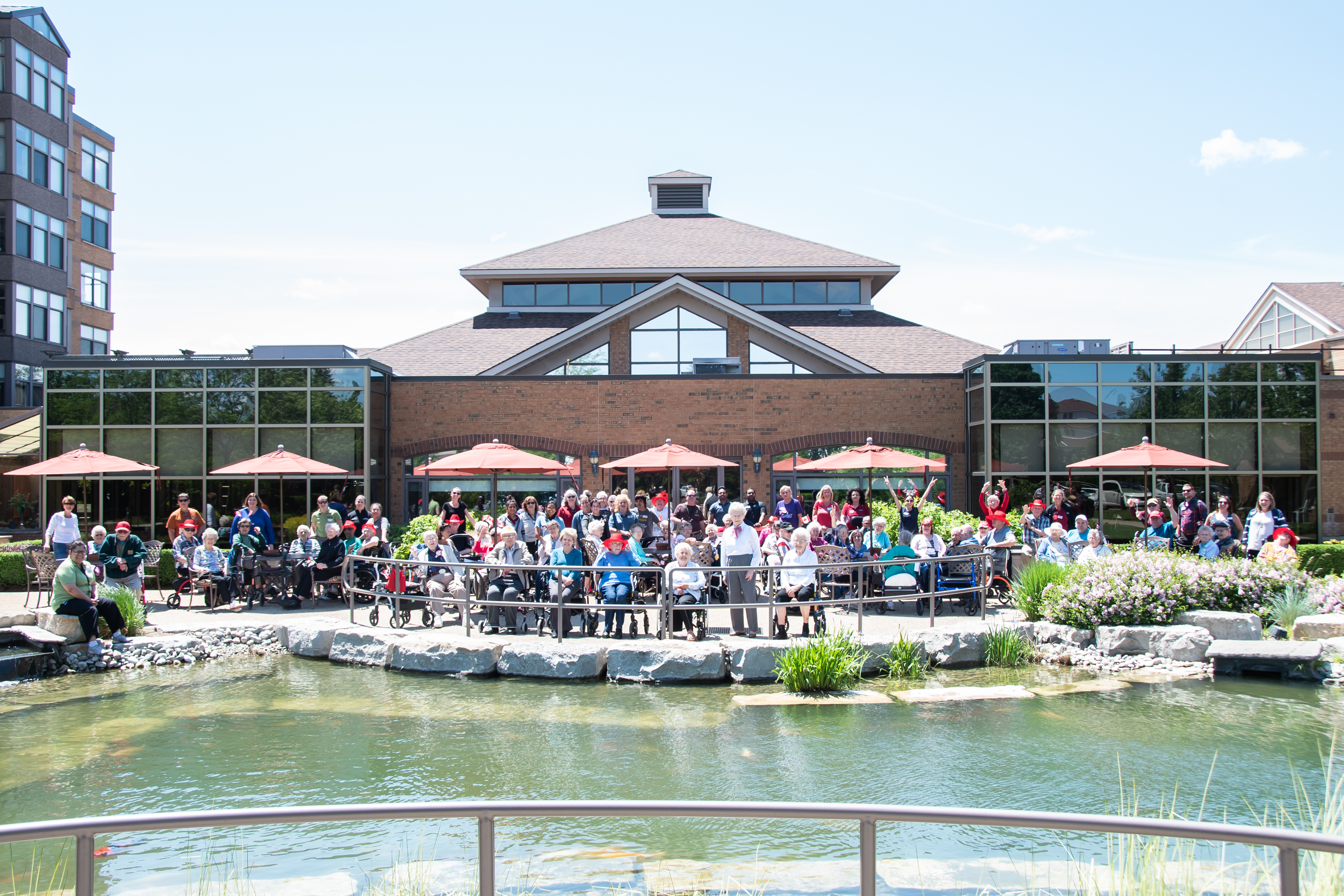
Family values are at the core of Village life and we believe strong relationships are the foundation of life quality. These values are behind our vision for the way we care for and support our older generations, and we believe in our mission to bring our social model of living to more communities across Ontario.
In the early 1990s when Ron Schlegel opened his first long-term care Village in Kitchener, he envisioned a community hub inviting neighbours from all around to take advantage of the different amenities available. It would be a long-term care community like no other, eventually linking to a retirement home serving anyone of any ability, from fully independent seniors to people with complex care needs, memory loss and dementia. More than 30 years and 19 Villages later, this vision of a continuum of care continues to evolve.

Each person lives in a Village where they have life purpose and are able to pursue their passions, develop meaningful relationships, have opportunity to learn and grow, and contribute to their community.
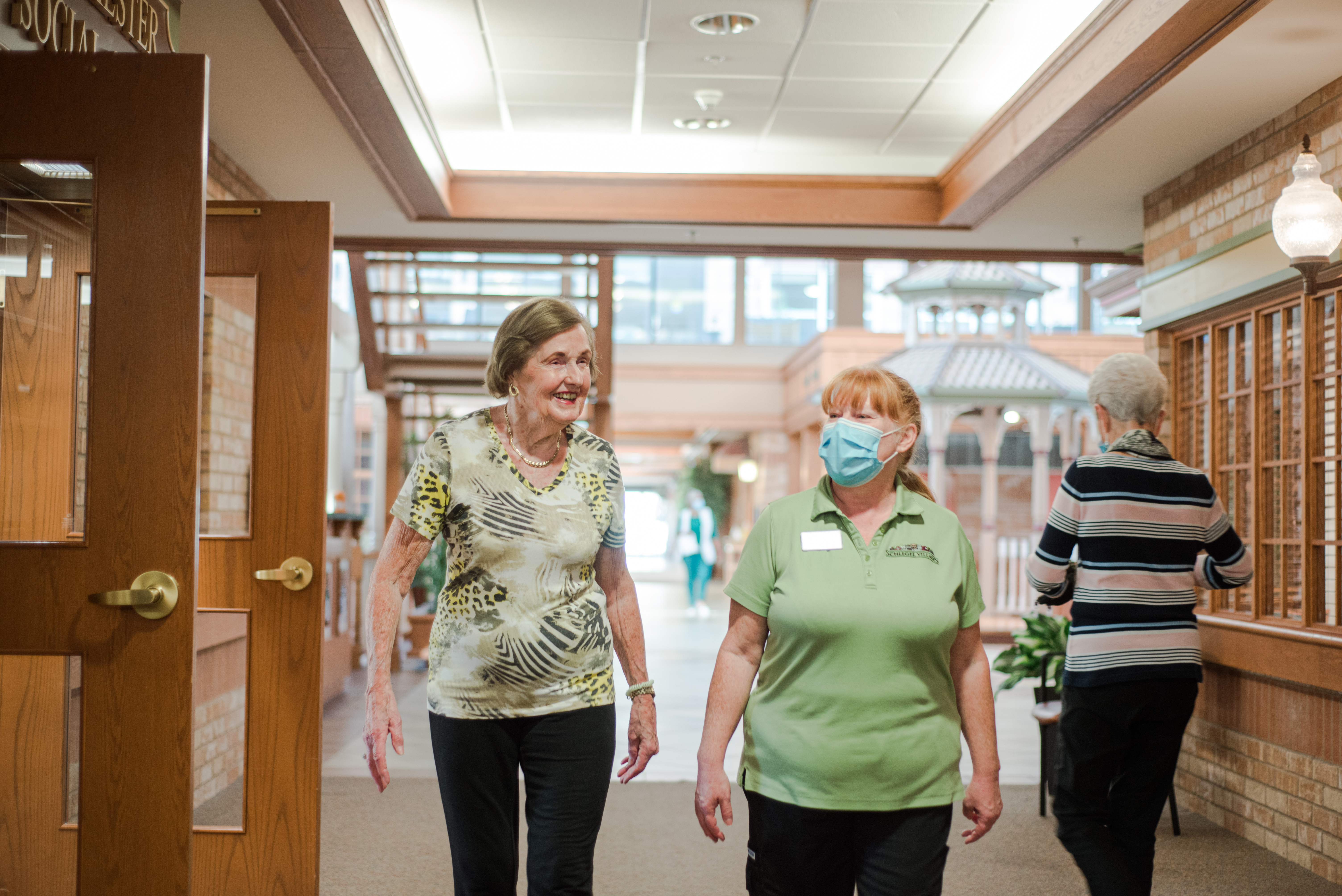
Our mission is to provide holistic health care in a home environment, located within an internal neighbourhood design that promotes a caring community, with emphasis on optimal health and life purpose for each Resident.
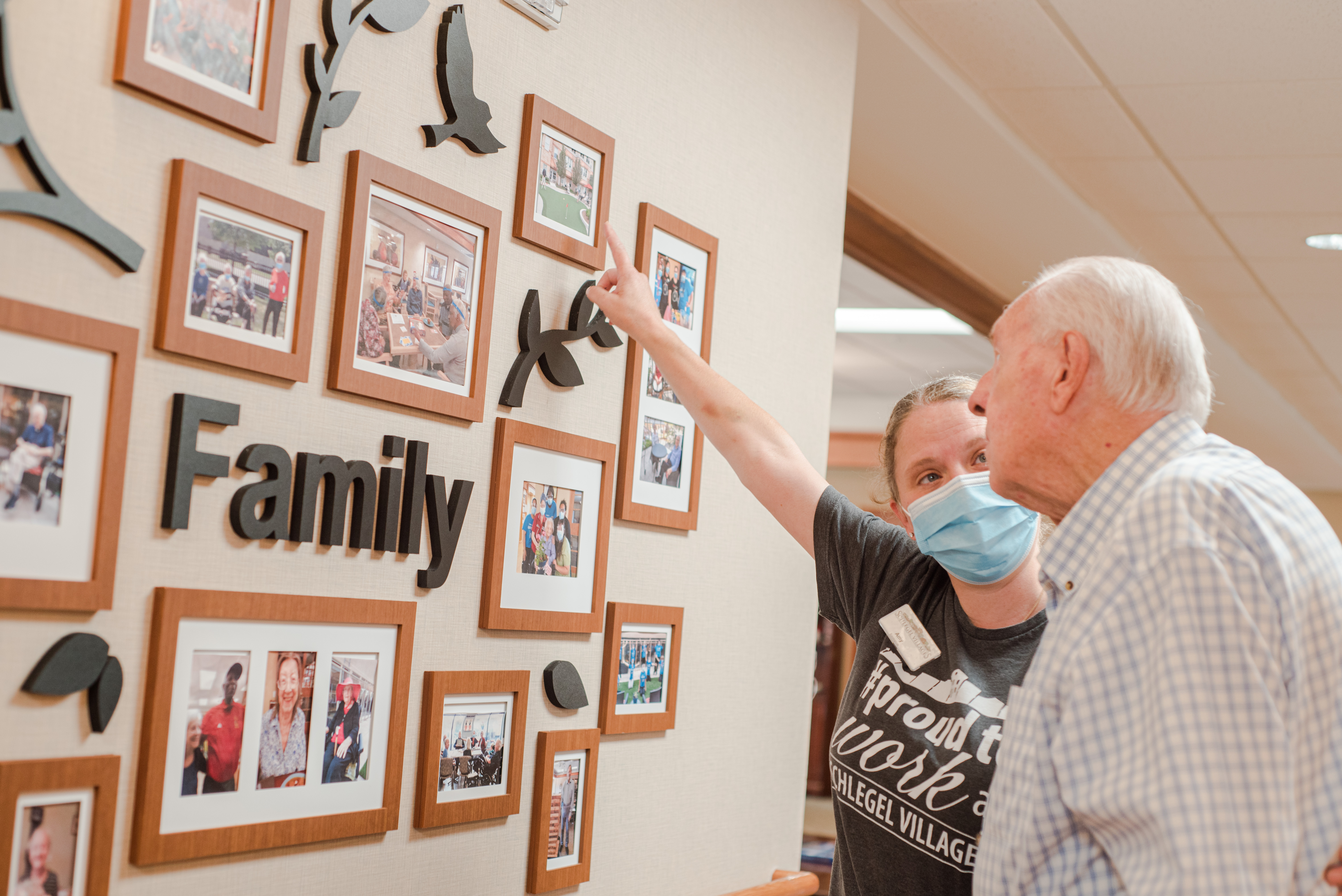
Caring relationships
Persistent and passionate
Positive, can-do attitude
Creative and innovative
Hardworking and hands-on
Genuine and humble
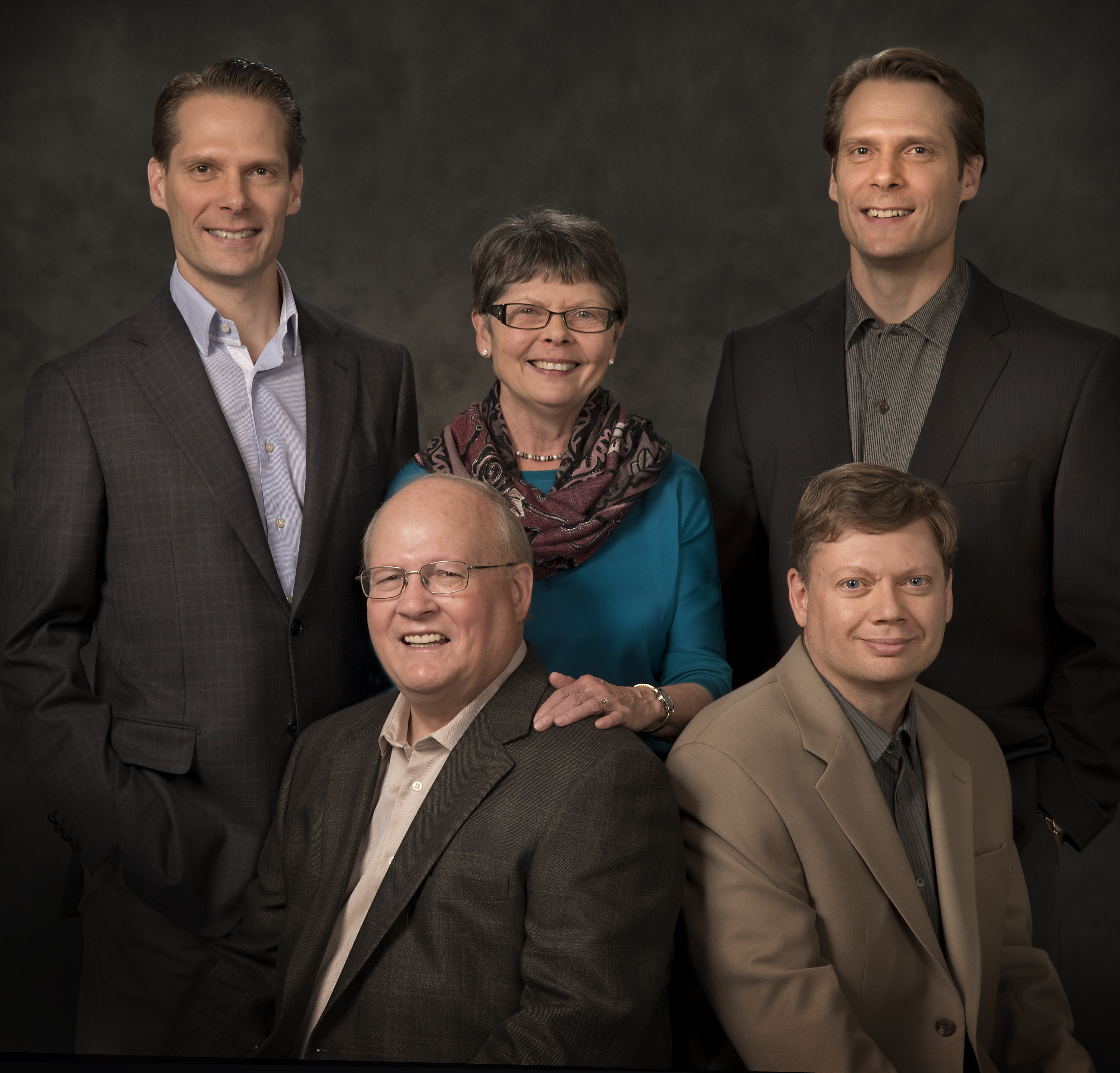
The Schlegel family is committed to excellence in the care and support offered to the people who choose to call a Schlegel Village home. Ron Schlegel may be the founder of the organization as it stands today, but the family history in seniors care started a generation earlier when Ron's father Wilfred bought a nursing home in London in 1953. The dedication to community Wilfred carried throughout his life was passed to a third generation in Ron’s three sons, Rob, James and Brad, all of whom are actively involved in the every day operation of Schlegel Villages.
The family is also deeply committed to other social enterprises across Canada that improve and enhance lives and build a stronger, more cohesive sense of community.
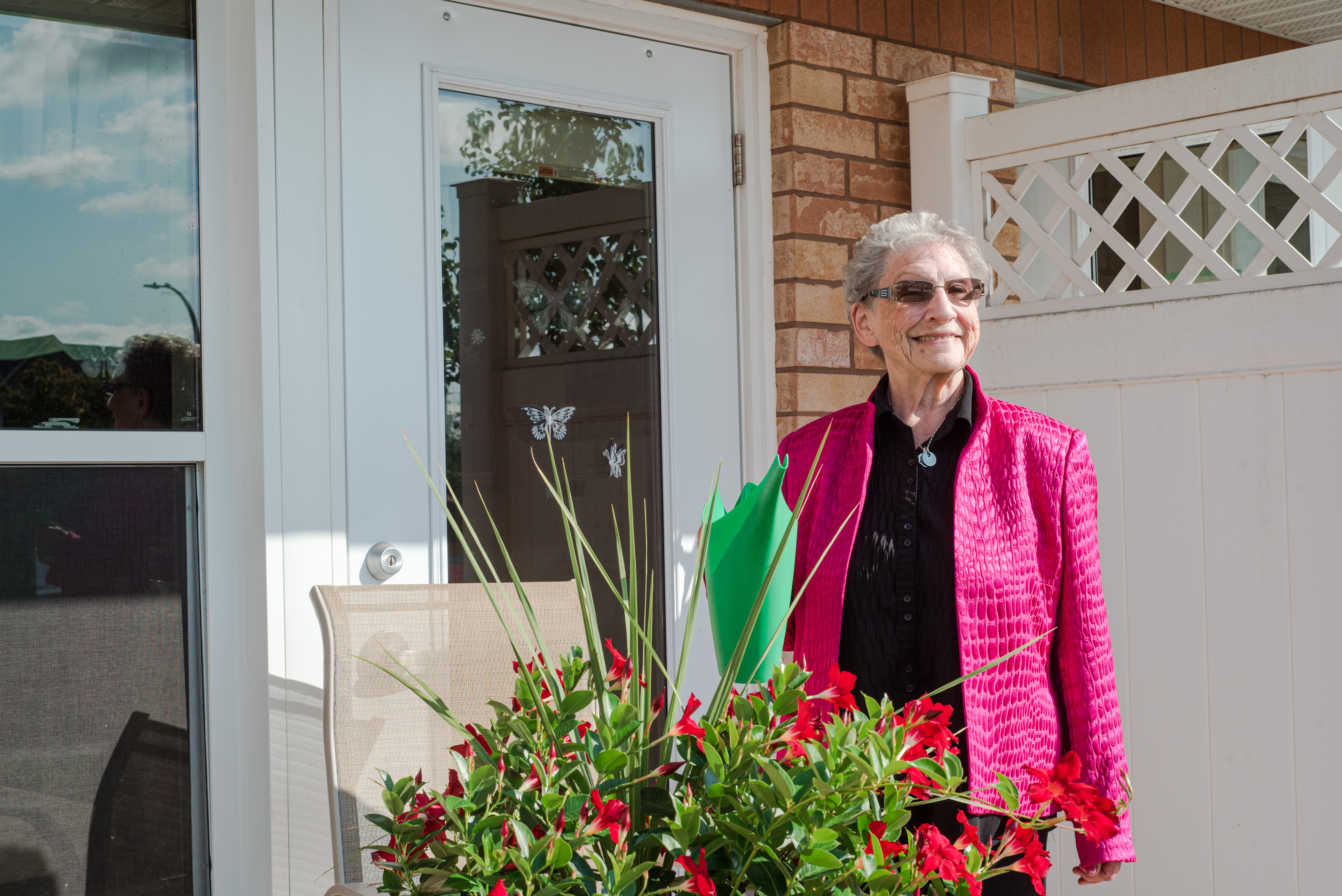
As Schlegel Villages continues its journey to reshape the way care and support is offered for our residents, team members are constantly drawn back to eight aspiration statements to guide them.
There are nearly 18,000 long-term care homes in North America, including more than 600 in Ontario. The overwhelming majority of these homes were originally designed to provide services for older adults that reflect a medical model or institutional model of care; the focus is primarily on providing day-to-day care and medical attention.
In 2009, Schlegel Villages recognized the need to shift the way we offer care, the way we viewed older adults in general, and the way we supported the well-being of all within our community – residents, family members, team members and all care partners. We decided to embark on a journey that would transform and reshape our approach to service. In particular, we consciously chose to move away from the “institutional model of care” and transform into an organization that honours a “social model of living.” Below is a comparison table that highlights a few key differences between the two models.
We constantly seek counsel, guidance, and engagement from within our Village communities to help us in this transformation. Residents, families and team members have a major role to play in this ongoing process, as do our trusted community partners. Throughout the journey we’ve engaged in various activities to share our culture change experience with others.